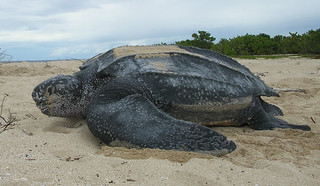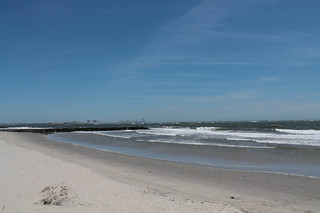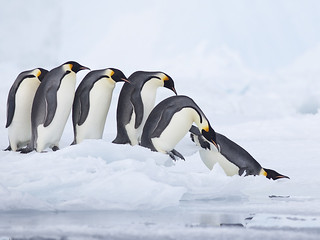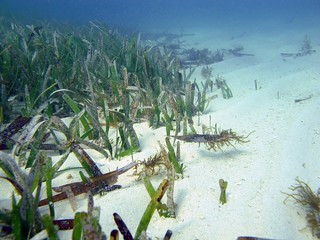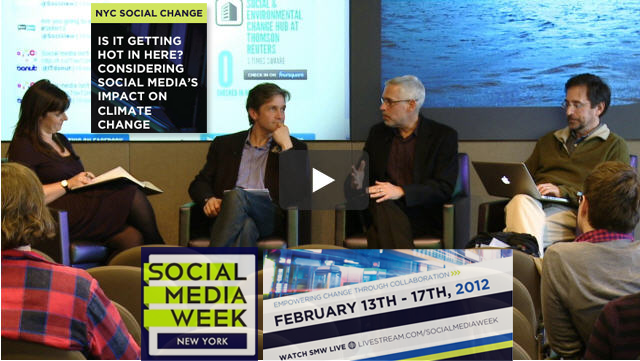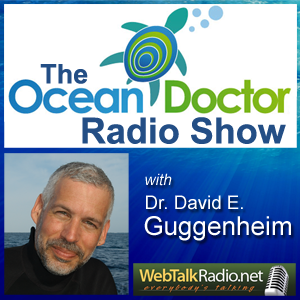
“A Fragile Empire” can be found in the May 2011 issue of National Geographic magazine on newsstands April 26 (Photo: National Geographic)
Earlier this year, World Resources Institute released its “Reefs at Risk Revisited Report” (featured on The Ocean Doctor Radio Show) which spelled out a rather grim future for coral reefs due to both local and global threats, should we fail to take action. One of the bright spots in its report was Australia’s Great Barrier Reef, which has fared better than many other reefs around the world and has in place strong protections and management practices. But even this massive and remote reef system isn’t immune from the impacts affecting coral reefs worldwide. In “A Fragile Empire” National Geographic Magazine (May 2011) writer Jennifer S. Holland explores the various factors that are threatening Australia’s monumental reef. From rising water temperatures, to bleaching, massive flooding and high levels of acidity, the reef is in danger of collapsing and the prospect for recovery is uncertain.
A warming climate is pushing corals against the upper limit of their thermal tolerance, evidenced by mass bleachings like the one in 1997-98. A 60-year decline in ocean phytoplankton — microscopic organisms that form the base of the food chain — may also be playing a role. Recent flooding in Australia washed enormous plumes of sediments and toxins far offshore to the reef tract. And now, thanks to increasing carbon dioxide levels in the atmosphere, the oceans are becoming more and more acidic as more of this atmospheric carbon dioxide dissolves in seawater. As the oceans become more acid, limiting the ability of organisms, like corals and shellfish, to build their limestone shells and skeletons.
Read more

